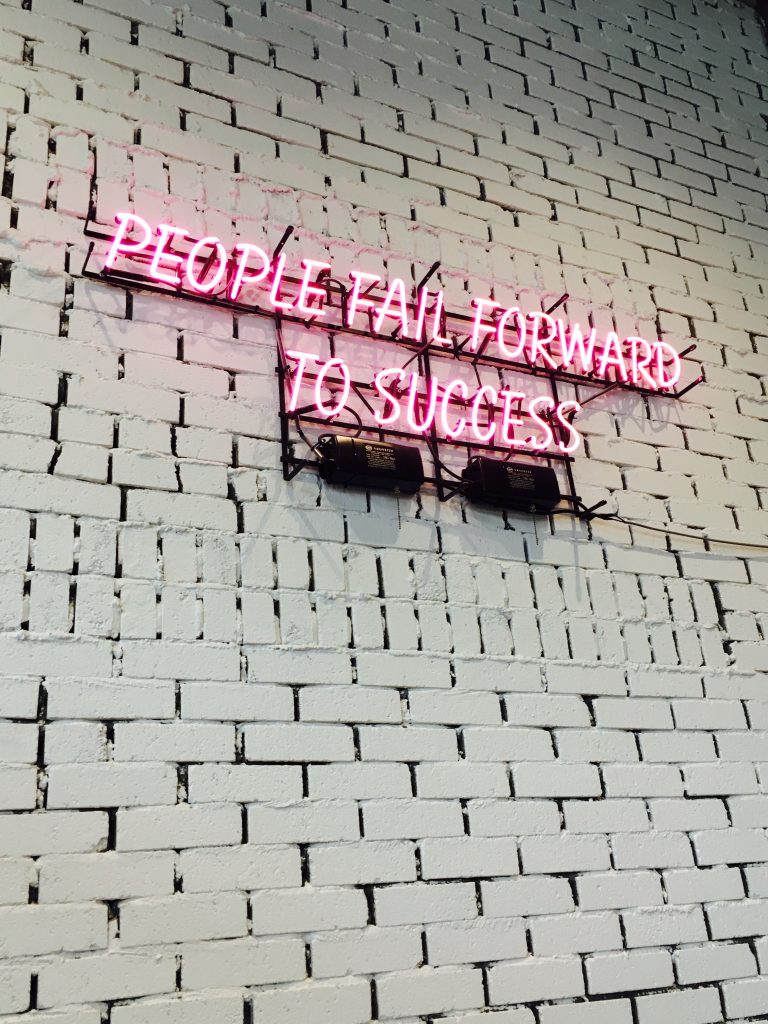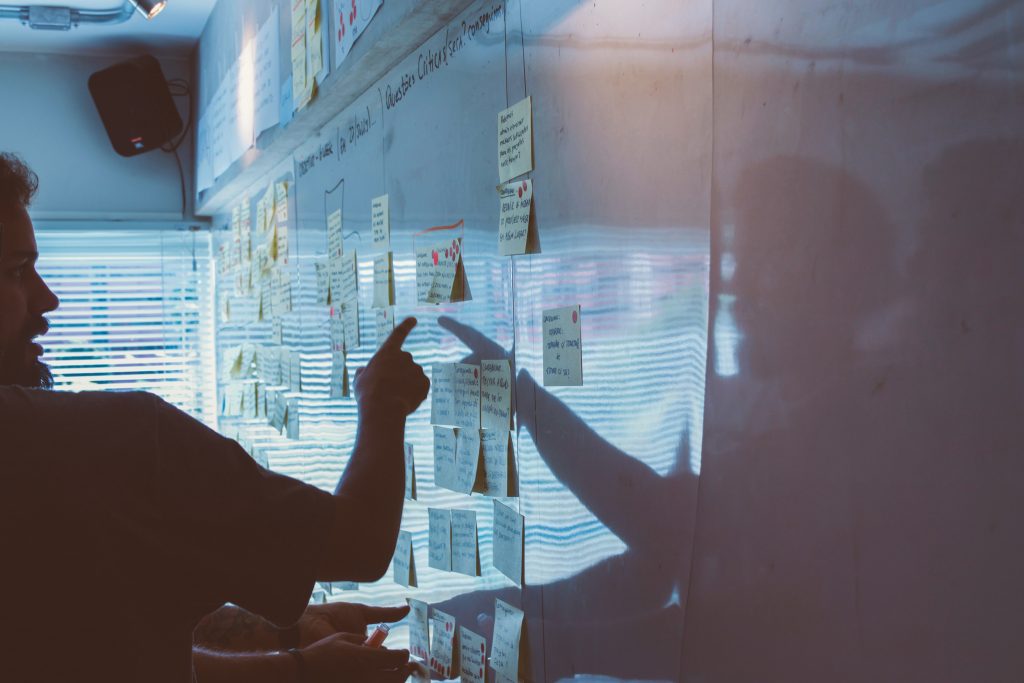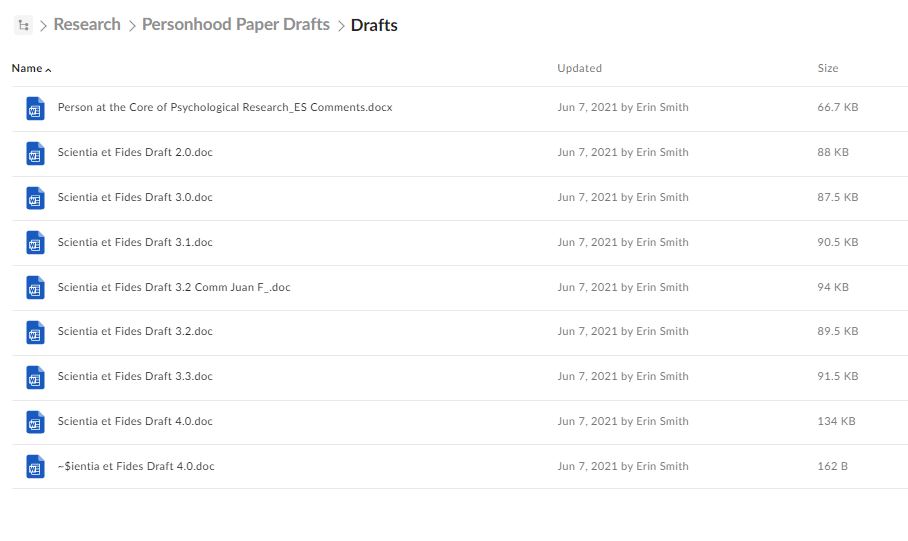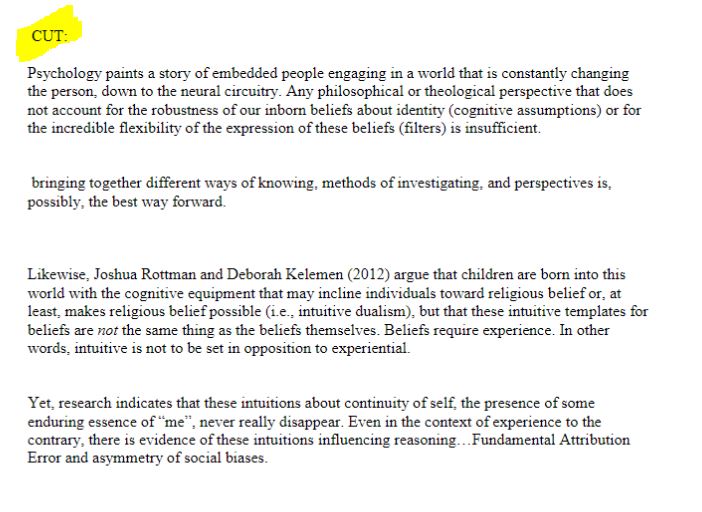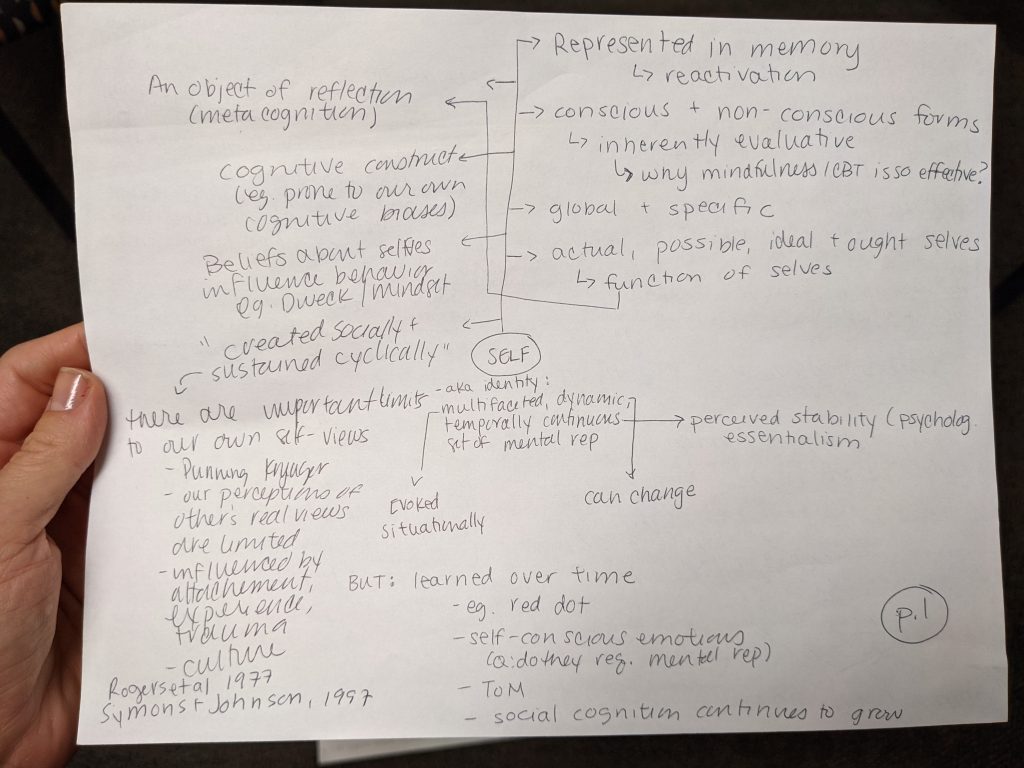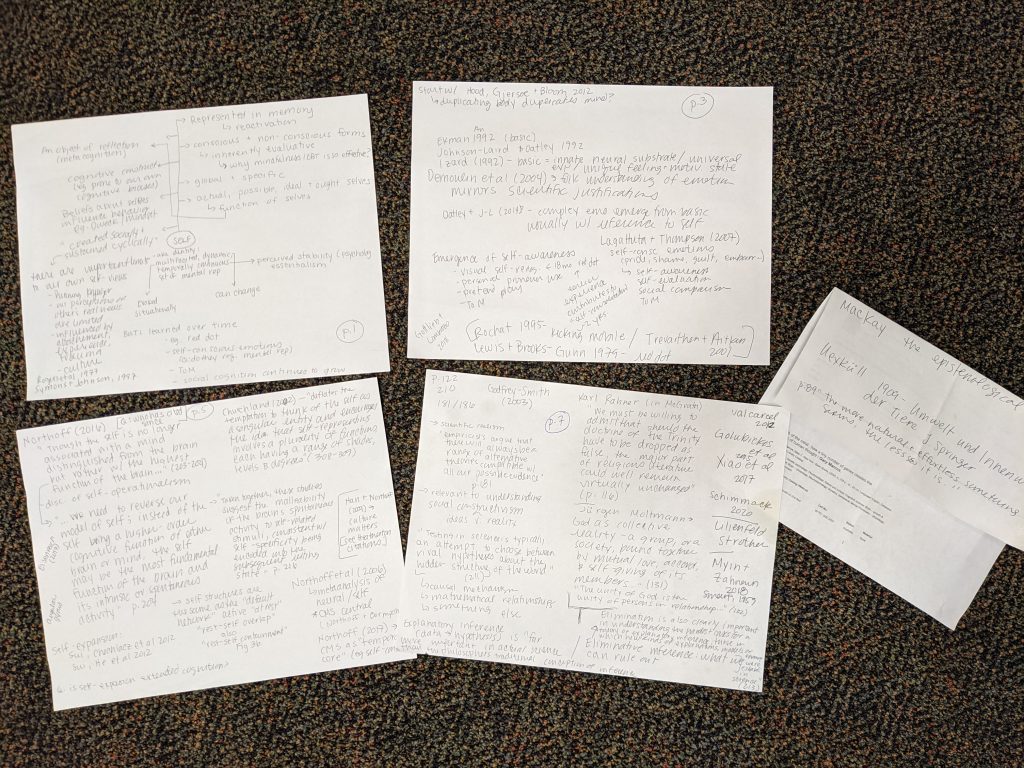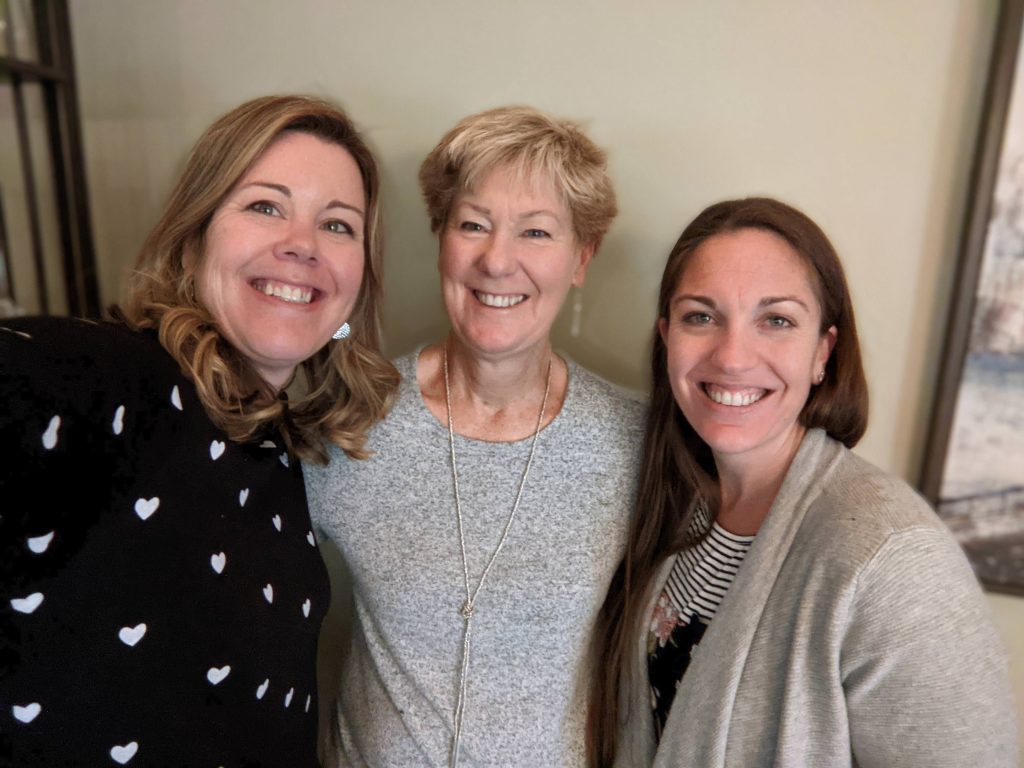“Without any consideration of the merits or demerits of what is called the exceptional man theory, perhaps no two men stand out more prominently in the early history of the Negro church than George Liele and Andrew Bryan” (Davis, 119). For a statement like this to be made about these two men after the hundreds of thousands of Black preachers who have followed in their wake speaks volumes. George Liele was born in Virginia around 1751. After moving to Georgia as a youth, he was called to ministry.
George Liele had a deep conviction that enslaved Blacks needed to hear the gospel message and after satisfying a quarterly meeting of White preachers of his ability to preach, he began to travel to plantations sharing the Word with his fellow Blacks. “Desiring to prove [the sense I had of] my obligations to God, I endeavored to instruct [the people of] my own color in the word of God” (Mitchell, 45). One of these endeavors led to the conversion of a young man named Andrew Bryan. In 1773, George Liele organized the First African Baptist Church in Savannah, GA. marking it as the first Black Baptist Church in North America. In response to this, his owner Mr. Henry Sharp granted him freedom from slavery.
Liele was forced back into servitude when his manumission papers were called into question by individuals who likely sought to use him for their personal financial gain. By indenturing himself to a White man, he was able to prevent being re-enslaved. When the British military entered Savannah, Liele was forced to evacuate Jamaica because of the debt that he owed. After earning freedom for himself and his family, he began to preach to a congregation in Kingston, Jamaica in 1784.
Eventually, he had organized a congregation of slaves and free Blacks numbering around 1500 regular members. Liele’s meetings were often interrupted by violent Whites who feared that Liele’s preaching would encourage slaves to revolt. To keep the gospel from being impeded, only slaves who had the permission of their owners could become members. In addition, the Jamaican legislature gave the right to freedom of religious expression to everyone on the island. By 1814, his efforts had resulted in around 8,000 Baptists in Jamaica. Many credit George Liele as the first American missionary. Throughout his career in ministry, Liele was well known to have accepted zero compensation for any of his church responsibilities.
First African Baptist Church is still worshiping today and occupies a space on the National Register of Historic Places. The sanctuary contains many of the original fixtures, including pews which were crafted by slaves and contain cursive Hebrew, Ancient Ethiopian/Ge’ez, and Aramaic inscriptions. The legacy of faith, resilience, and Christian service that this man left behind is terribly underreported. May that cease to be the case. We thank God for the life and ministry of George Liele.

_________________________
Check out the Student Contributions to this series here:
Paving the Way to Worship: Black Christian Leaders You Should Know by Hozell Francis II
Andrew Bryan: Pastor, Church Planter, and Servant of God by Armon Patrick
Dr. E. W. McCall: Innovator, Educator, Trendsetter by Hozell Francis II
Lisa Fields: Apologist and Servant of God by Armon Patrick
_________________________
You can also find 2022 Black History Month blogs authored by CBU faculty here:
Why Black History Month? by Dr. Charles Lee Johnson
Why I Can’t Wait to Get my Ida B. Wells Barbie by Dr. Krystal Hays
Remembering to Forget, to Begin Again by Dr. Viola Lindsey
Not Black History Just History by Dr. Stephen Brown




